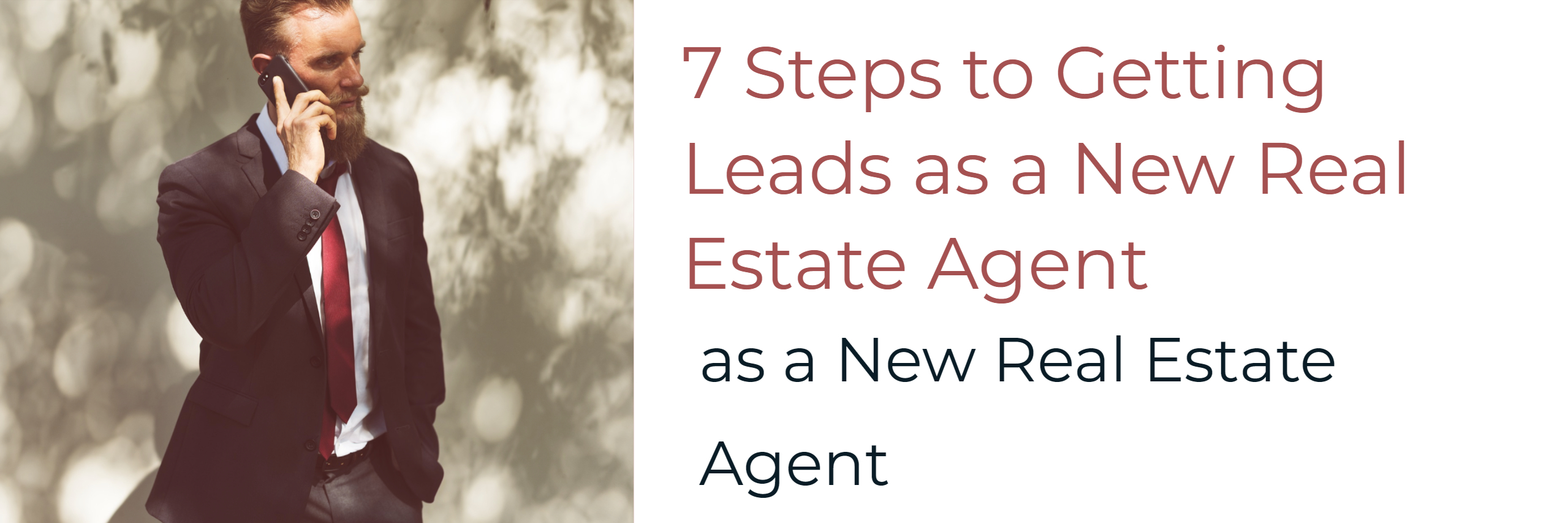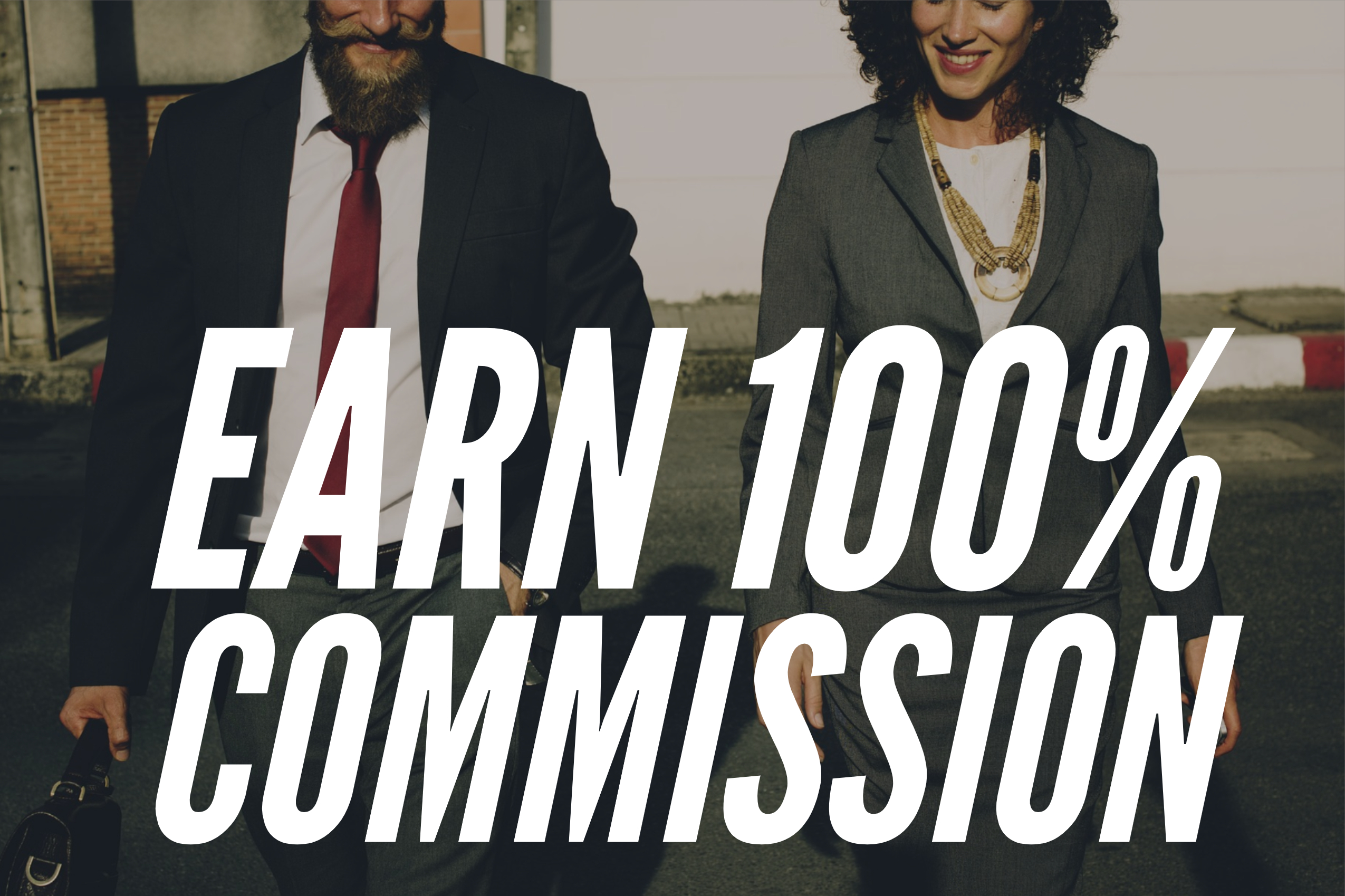7 Steps to Getting Leads as a New Real Estate Agent
[mashshare]
1. Understand where the best leads come from.
Before we talk strategies, there’s one important thing you need to know about leads: The very best ones aren’t web leads (the kind you buy through paid advertising). The best leads come from the people with whom you’ve already established meaningful relationships. Tending to these relationships will generate repeat and referral business (which, on average, accounts for 89% of all real estate transactions).
2. Start with people you already know.
Reach out to people who already know and like you, and let them know you are beginning a new career as a real estate agent. Tell family members, friends, former colleagues, your hair stylist, etc.
Keep in mind that while your family, friends, and acquaintances may trust you as a person, it’s going to take some time for them to trust you as a real estate agent—it may take months, or even years. So be patient with your “pre-real estate” relationships. Don’t be pushy or go overboard.
3. Meet new people.
You need to expand your network, so start making it your mission to meet new people. Don’t hide behind a computer screen—log off Facebook and get out the door! Get face-to-face with people every day.
Here are just a handful of ways to do this:
Volunteer
Join a Meetup group
Join your chamber of commerce and attend events
Talk to your neighbors
Take your dog to the dog park
Join a gym
Take an art class
Talk to strangers
Let people know you’re a real estate agent, but put most of your focus on building relationships. Go out into the world with an open heart and a genuine interest in getting to know people. Once there is plenty of trust, these new friends will be happy to provide referrals…or even work with you to buy or sell their homes.
4. Add contacts to your CRM.
Every business has its own tools. In the real estate business—the relationship business—your tool is a customer relationship management system (CRM). In addition to storing information about your contacts, a CRM takes those intangibles such as “relationships” and “trust” and puts them into a more quantitative format. You can see how many contacts you have, when you last contacted them, whether they’ve ever given a referral, how close they are to wanting to move, etc.
For every person you know, and every new person you meet, add their information to your CRM. (Be sure to get their permission to contact them.)
5. Create a strategy for strengthening your relationships and staying top of mind.
Okay, you’ve got a CRM full of contacts…now what? The next step is putting together a strategy for strengthening those relationships and staying top of mind. In addition to phone calls and the occasional face-to-face chat, you can nurture your contacts through content marketing. Share valuable content that is useful and relevant to your contacts, and that demonstrates your expertise.
6. Put everything into workflows (build your process).
Once you’ve developed your lead generation strategy, it’s time to make it a process. A process is a series of activities that are performed exactly the same over and over again. To ensure that your lead gen strategy becomes a process, you need to put everything into workflows.
Workflows (a feature of Realvolve and some other real estate CRMs) allow you to automate your process and set reminders so nothing slips through the cracks.
With workflows, you can create email templates to use in an automated drip campaign. You can set reminders for when to post to Facebook, when to make phone calls to check in with your contacts (“Hey, just calling to let you know I’m a real estate agent now!”), and so on. You can even set up a workflow to automatically delegate a task to your assistant.
Workflows allow you to stay on process. And process is crucial to getting your fledgling real estate business off the ground.
7. Say “thank you.”
When referrals start rolling in, the FIRST thing you should do is send a handwritten thank you note to the person who made the referral. A quick personal note will go a long way in showing your gratitude and strengthening that relationship.
Take it a step further and include a Starbucks gift card with the note. Reward the behavior you want more of.
-
- The preferred method of communication
- Availability
- Preferred reports, feedback, or previewing of homes
- Necessary documents
- Services you provide
- Client’s obligations










